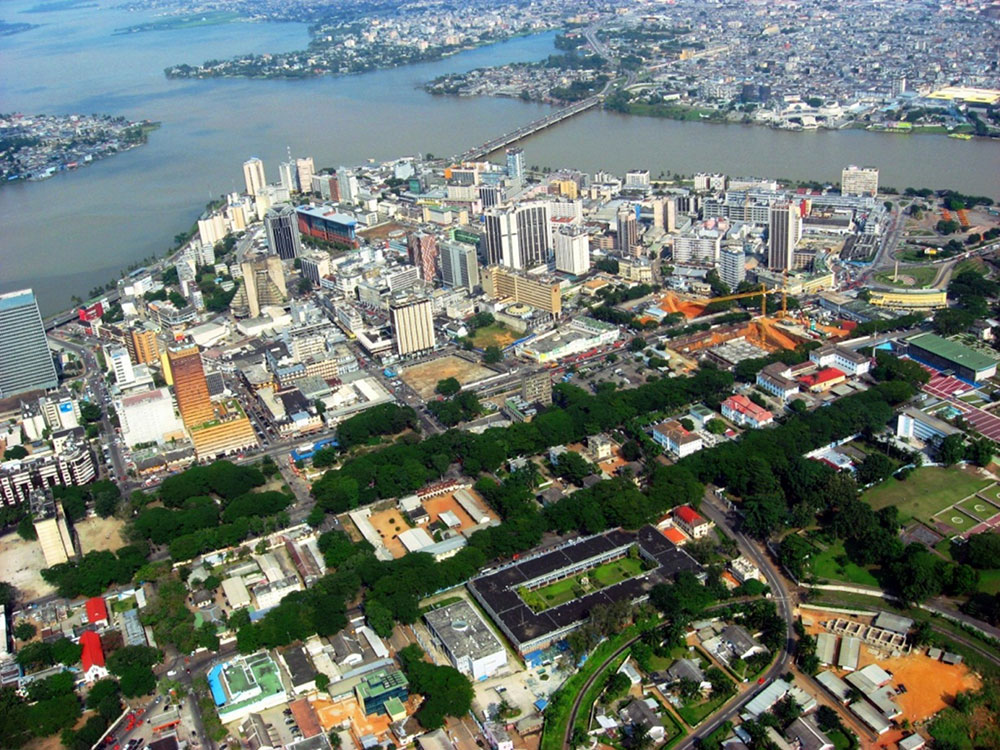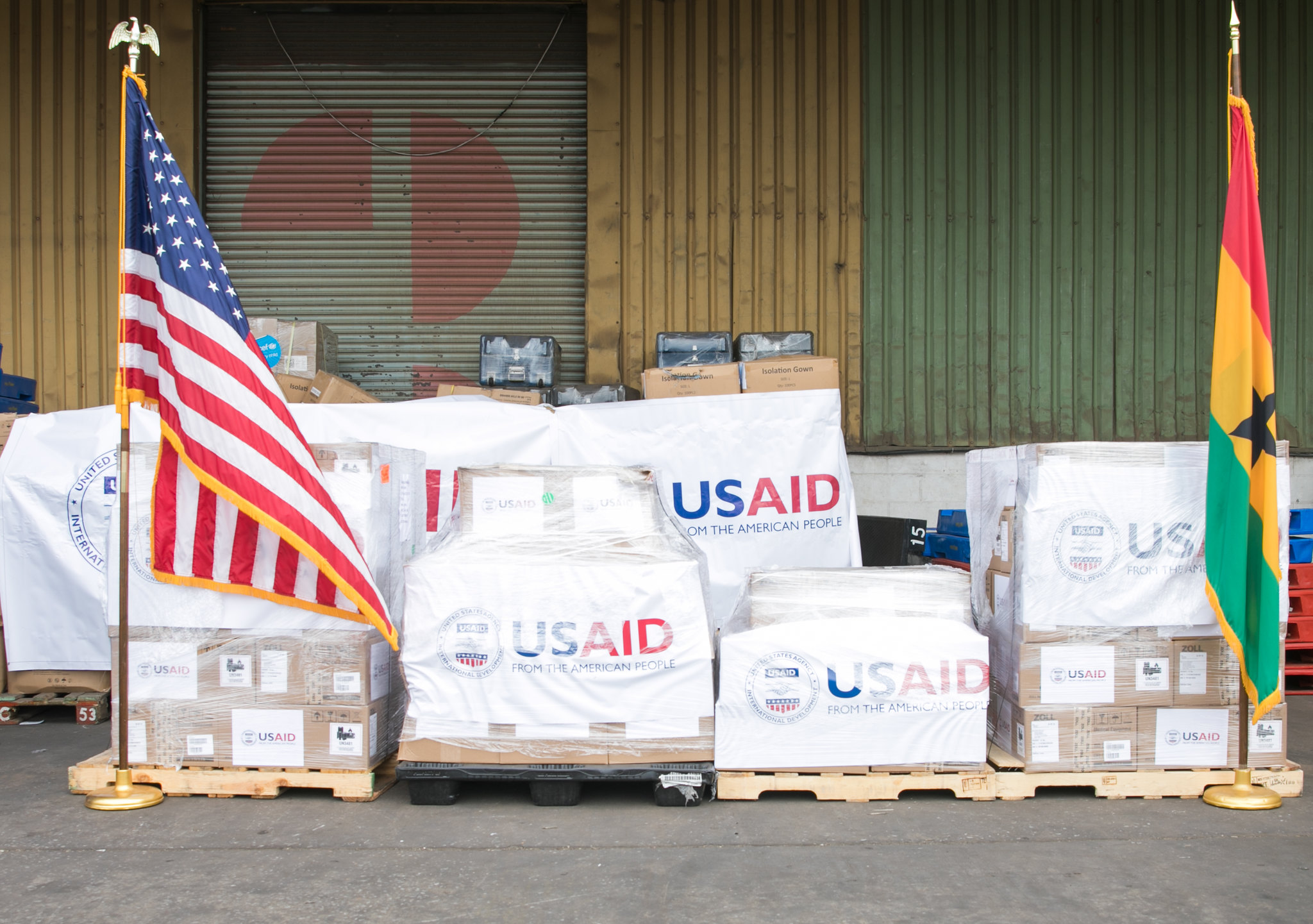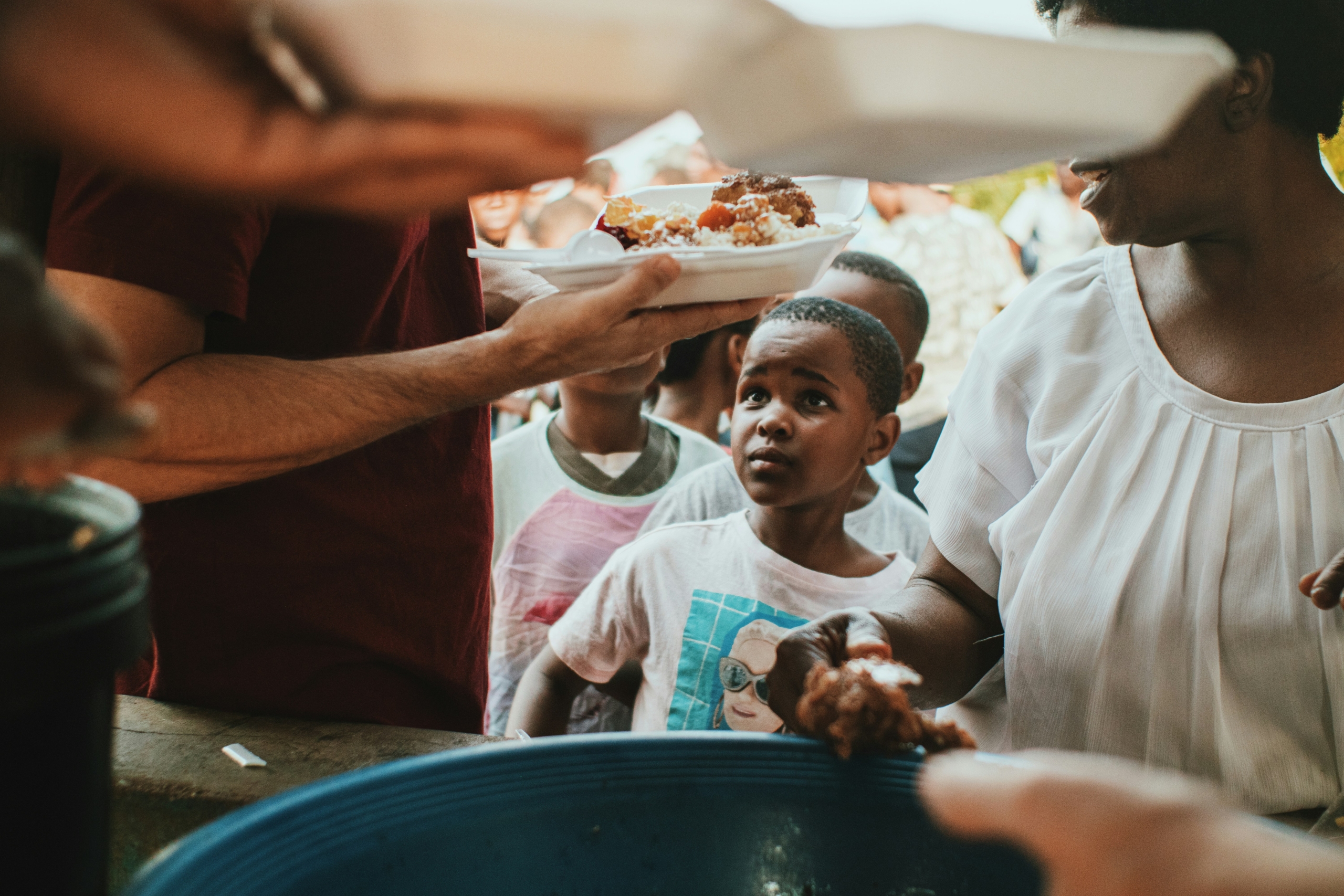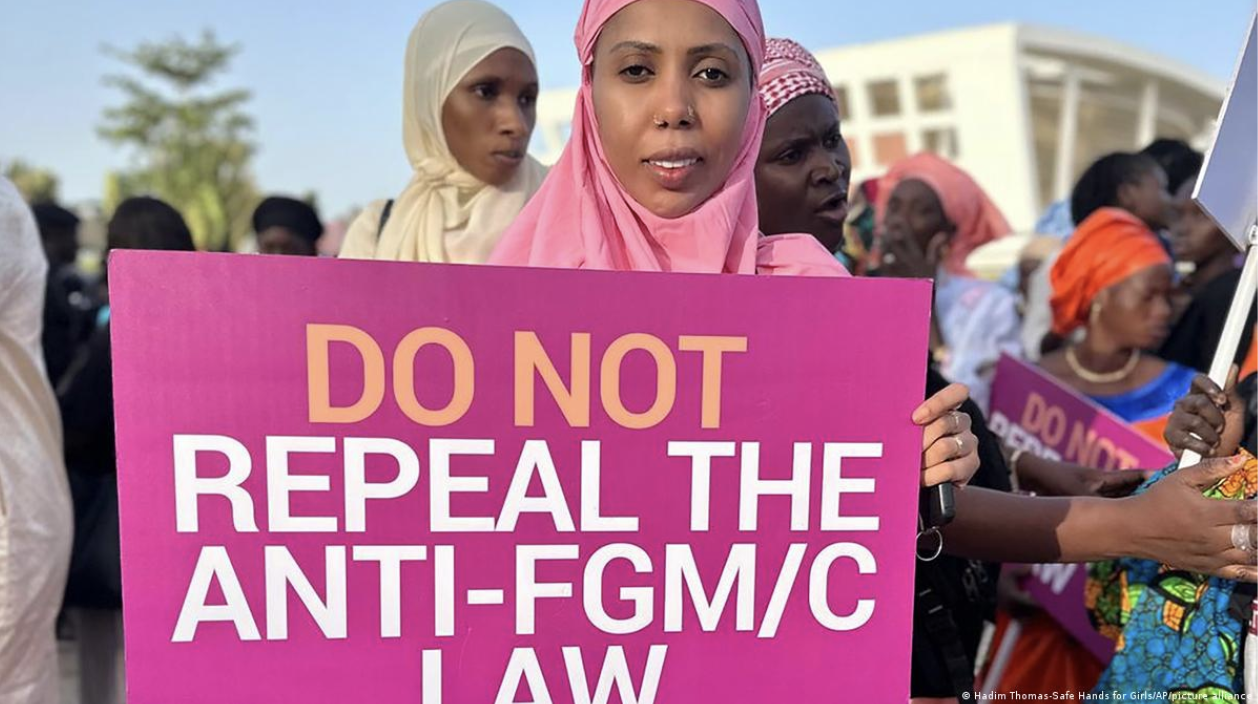We are excited to announce that Brink is now part of Africa Practice. Learn more
Resilience, rescue and recovery on the African continent

Amidst all of the speculation about how the Covid-19 pandemic will affect mortality, social stability and economic productivity on the African continent, we are focused on what we do best – helping organisations to understand the economic, social and political drivers at play and then engaging with the polity to design appropriate policy responses.
The seismic shifts that Covid-19 has introduced to the way we live, work and consume, has brought nature’s dominion and the scale of inequality on our continent into stark relief. New ideas and new policies will be required to address complex and interdependent socio-economic and environmental challenges that have concerned us for some time, but which now assume a much greater importance for policy-makers and other stakeholders.
Although we are still in the early days of this pandemic, movements to restore the primacy of people and the environment in African policy-making have already started to emerge. The case for massive investment in healthcare provision is the most obvious, but attention is being drawn too to the risk of other crises such as climate change – on a continent that is more vulnerable than any other to the effects of changing weather patterns.
The disruption to value chains caused by global lockdowns and stockpiling, has renewed concerns about globalism. Localisation will assume a new importance for African law-makers seeking measures to guarantee security of supply. African businesses should leverage this momentum and the availability of abundant cheap labour to become the contract manufacturer of choice, in the same way that China has been for the last two decades. Industries will need to consult closely with their governments to reap these rewards.
The effectiveness of government is being more closely scrutinised in the wake of the coronavirus outbreak. In a post-COVID debt-laden environment the case for rationalisation of government will grow stronger, opening up more spaces for private sector provision of services and collaboration with community groups for last-mile delivery.
Over the long term, the willingness and ability of Africa’s leadership to embrace new models and new policies for growing and sharing value among citizens and conserving natural capital will influence the competitiveness of nations.
In the short term, three factors – a nation’s health, the efficacy of governments’ social interventions and the quality of financial relief and economic stimulus – will determine the speed and quality of economic recovery. The coronavirus will expose governments with weak capacity. Fragile states are at risk of experiencing further negative downward spirals that could trigger social unrest and political instability.

Africa Practice is a strategic advisory firm operating at the intersection of industry and government throughout Africa.
Proud to be BCorp. We are part of the global movement for an inclusive, equitable, and regenerative economic system. Learn more


